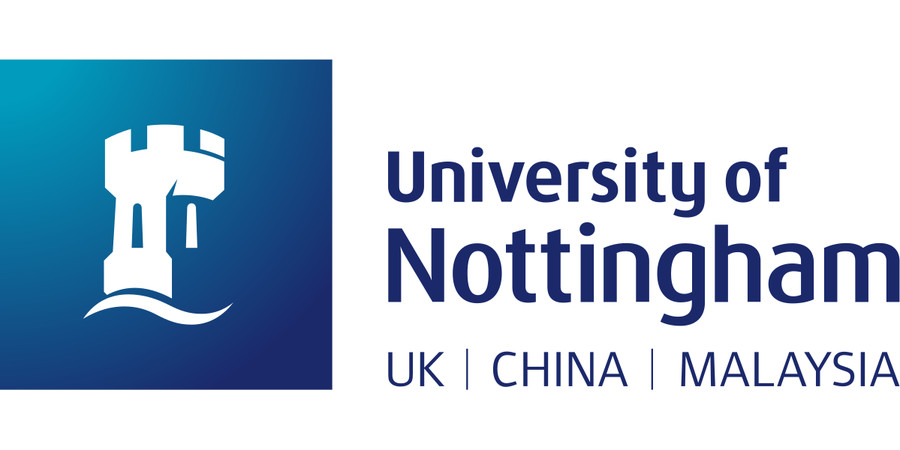Research Associate/Fellow (FTC)
University of Nottingham - Life Sciences
| Location: | Nottingham |
|---|---|
| Salary: | £31,387 to £35,116 per annum, depending on skills and experience (minimum £34,866 with relevant PhD). Salary progression beyond this scale is subject to performance |
| Hours: | Full Time |
| Contract Type: | Fixed-Term/Contract |
| Placed On: | 10th September 2025 |
|---|---|
| Closes: | 10th October 2025 |
| Job Ref: | MED228825 |
Applications are invited to the above role to support the principal investigator Professor Paul Dyer in conducting research in the area of fungal biology, specifically to investigate the sexual biology of the opportunistic pathogen Aspergillus fumigatus. This post is part of a collaborative multinational Wellcome Trust award involving academic and medical collaborative partners in the UK and South Africa with the aim of understanding the biology of adaptation in fungal pathogens. The post will use a combination of classical, genomic, molecular and bioinformatic techniques to investigate the sexual biology of Aspergillus fumigatus, a principal cause of aspergillosis disease in humans. Specific aims are to understand the genetic basis of differences in sexual fertility between isolates and how gene flow contributes to pathogen evolution and development of antifungal resistance. The post holder will be expected to undertake independent research as well as working as part of a team. This will include using approaches or methodologies and techniques appropriate to the type of research, and they will be responsible for writing up their work in order to contribute to published outcomes.
The role holder will have the opportunity to use their initiative and creativity to identify areas for research, develop research methods and extend their research portfolio
Candidates must hold a PhD, or be near to submission of a PhD, in a relevant field of Microbiology, ideally involving Fungal Biology/Medical Mycology. They must understand microbial laboratory practices and have existing skills in microbial culture of fungi. They must be familiar with molecular biology techniques (e.g. DNA and RNA extraction, electrophoresis, PCR and qRT-PCR) including fungal transformation and possess bioinformatic skills. Previous experience of working with filamentous fungi and/or yeasts is essential, with experience of Aspergillus species or other pathogens highly desirable.
This full-time fixed-term role is available immediately for 36 months. To apply for the post please submit a cover letter and full academic curriculum vitae.
Informal enquiries may be addressed Paul Dyer at paul.dyer@nottingham.ac.uk. Please note that applications sent directly to this E-mail address will not be accepted. For background to the work please see: doi:10.3390/jof6040258, doi:10.1038/nature07528, doi.org/10.1016/j.fbr.2020.10.003, doi:10.1371/journal.pbio.3002278, nature.com/articles/s41564-022-01091-2.
The School of Life Sciences holds an Athena Swan Gold Award, in recognition of our commitment to supporting and advancing equality and inclusion in the Life Sciences.
Further details:
Our university is a supportive, inclusive, caring and positive community. We welcome those of different cultures, ethnicities and beliefs – indeed this very diversity is vital to our success, it is fundamental to our values and enriches life on campus. Visit our Equality, Diversity and Inclusion website.
We are proud to be a Disability Confident Employer (Level 2) employer. Increasing the diversity of our community is extremely important to us and we are committed to the aims of Disability Confident Scheme.
We are the first university to have achieved Athena Swan Gold Award.
To help you succeed, we published Candidate Guidance to provide support on the application and interview process.
Discover our benefits, visit Your Benefits website.
We welcome applications from UK, Europe and worldwide and aim to make your move to the UK as smooth as possible. Visit the Moving to Nottingham page for details.
Your application will be considered on an equal basis, subject to the relevant permission to work in the UK as set out by UK Visas & Immigration.
Advert information
Type / Role:
Subject Area(s):
Location(s):









